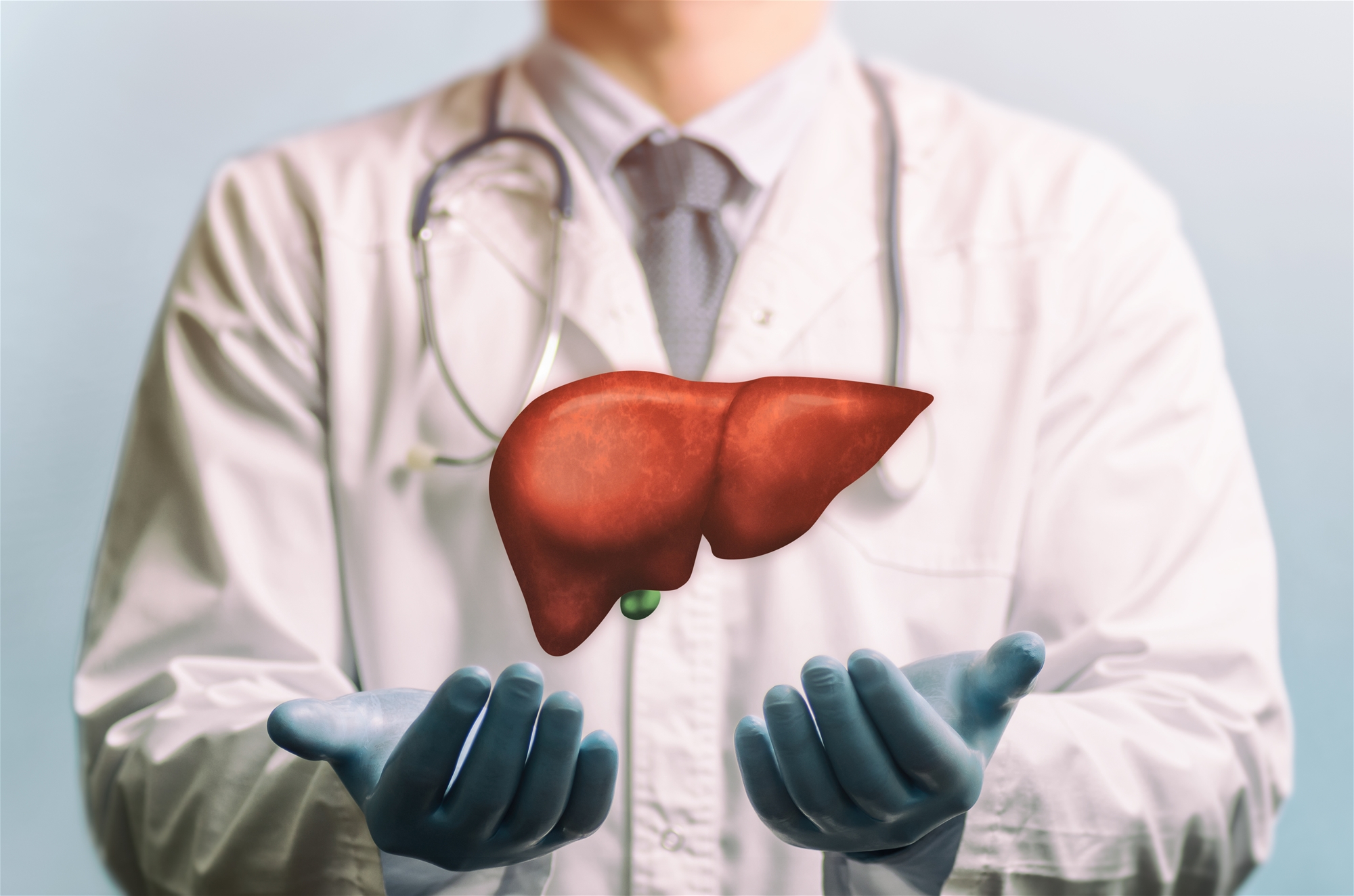Hepatocellular carcinoma (HCC) is commonly known as one of primary liver cancer, which managements can be divided into curative treatments such as surgical resection, liver transplantation and tumor ablation, and palliative treatments such as trans-arterial chemoembolization, radiation therapy, systemic chemotherapy, target therapy, and immunotherapy.
Tumor ablation therapies such as non-water alcoholic injection, radiofrequency or microwave ablation are the radical therapiesy for middle to small size liver cancer. The therapy applies a special-designed needle to pierce to the tumor for ablation through skin with local anesthesia under the guidance of ultrasound. Depending on the different locations of tumor, patients will choose combination therapy. Sometimes patients will also require the protection of artificial ascites, image navigation guidance, or self-paid ultrasound contrast agent for navigation. It is advised to take general anesthesia at own expense.
- Pure ethanol injection therapy: The therapy adopts a thin needle to inject pure ethanol into the tumor through the skin of local anesthesia and under the ultrasound guidance.
- Radiofrequency/microwave ablation therapy: Our hospital offers cold-circulated radiofrequency or microwave needle. Radiofrequency needle requires the approval from National Health Insurance administration while microwave needle is self-paid. It will be suitable to apply if the tumor numbers are within 3 and each tumor size less than 3cm; or only one tumor with size less than 5cm.
- Artificial ascites: We inject glucose water into the abdominal cavity to protect diaphragm or intestines.
- Self-paid ultrasound contrast agent: If the tumor could not be identified by ultrasound, we could inject contrast agent into the vein to identify the tumor. Ultrasound contrast agent is excreted by the lung. Therefore, it is suitable for the patients with poor renal function.
Apart from the time of preparation and anesthesia, the time for these two therapies will depend on the size and the number of tumors. Ethanol injection therapy takes about 5-30 minutes while radiofrequency ablation takes about 30-90 minutes. We just need to compress the wound after procedure without stitching.

Examination Risks
Contraindication: Patients who fail to cooperate or bleeding tendency.
Complications and side effects: (Related to the location of tumor, high grade of malignant tumor status and higher α-fetoprotein)
- Intraperitoneal hemorrhage, intra-abdominal infections
- Damage in intrahepatic bile duct or blood vessels.
- Pneumothorax or hematoma.
- Liver failure, renal failure
- Surrounding organs injury
- Myocardial infarction
- Electrode burning or malignant tumor percutaneous seeding.
Pre-Examination Instruction
- Hold anti-coagulant agents, aspirin or non-steroidal anti-Inflammatory drug according to medical orders.
- Do not eat at least 4 hours before the examination. Patients will need to complete the pre-anesthesia evaluation if patients receive general anesthesia. Patient do not eat after 12A.M. the day before the procedure.
- Patients admitted for hospitalization shall bring the follows: medical history transcript, and write down the weight on the notice, sand bag, slipper, and wheeled stretcher.
- Patients taking ethanol injection therapy may wear separate top and bottom clothes. However, patients will need to change into surgical gown with underwear. If the patients will undergo liver tumor radiofrequency or microwave ablation therapy. Shaving the hair on the legs before radiofrequency ablation.
- Please fill out the consent of exam. The agreement for materials at self-expense are included in the medical history transcript.
- Please notify one family member for company.
- If the examination scheduled time is not the pre-scheduled examination time, proper adjustment may be made according to the situations on that day.
- If under special circumstances, patients will need to contact or ask the doctor for company with the examination room. Patients will be able to eat, take medicine or suspend fluid according to the flexibility of time schedule or consolation from the doctor before sleep. Please bring candies if the patients are concerned over low blood pressure, to avoid jeopardizing the safety due to low sugar.
- Those receiving small liver cancer ethanol injections may not need to be hospitalized. If patients are treatment-experienced and young age, they may bring their national health insurance card, ID card or driver’s license, to return home after the therapy.
Instructions during Examination
- Patients will change to the lifting bed of diagnosis at the examination room. Patients usually lie down flat but may lie sideways depending on the situation. The doctor will prepare sterilization on the skin area of the patients during the examination.
- Staff will cover with sterile sheets and prepare examination, treatment machines and items. Patient should cooperate with doctors’ directives for deep or hold breathing, or exhaling.
- Including the preparation work and the average examination schedule is about 30~90 minutes.
Post-Examination Instructions
- Patients may drink small amount of water or food after the examination and treatment if the patients do not experience nausea or vomiting. Avoid intense exercise or force in 24 hours. Remove the gauze covering the area after 24 hours before taking a bath or shower. Compress the side with a sandbag after the examination and treatment for 4-6 hours. Turn around and lie flat for 1 minute in every 1 hour before compressing to the original position, if the patient experiences discomfort, sour and numb. However do not get up or get off the bed for eating, drinking or going to the bathroom.
- The patients will experience fever and pain in general after the treatment. Avoid lifting heavy objects in 3 days ~ 1 week after the exam.
- Please notify the medical staff immediately if you experience any abdominal pain, difficulty in breathing, cold sweating, hastened heartbeat, and conscious change after taking the exam.
- If you experience any discomfort upon returning home, please return to the Division of Gastroenterology, Department of Internal Medicine immediately to seek for medical treatment at the emergency room of CMUH, in addition to notify the medical staff.

